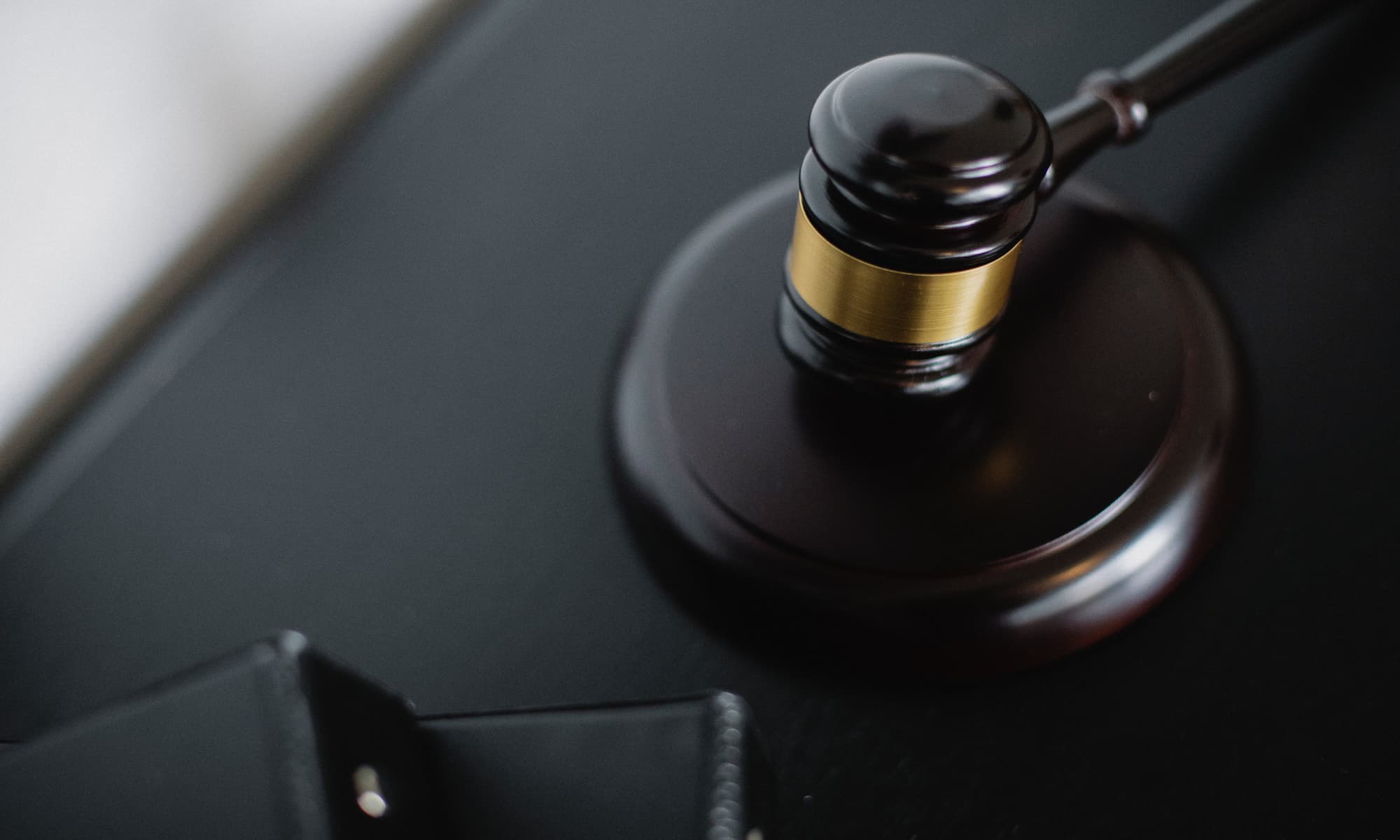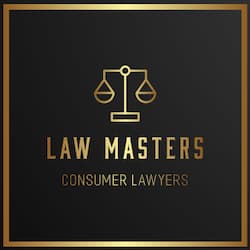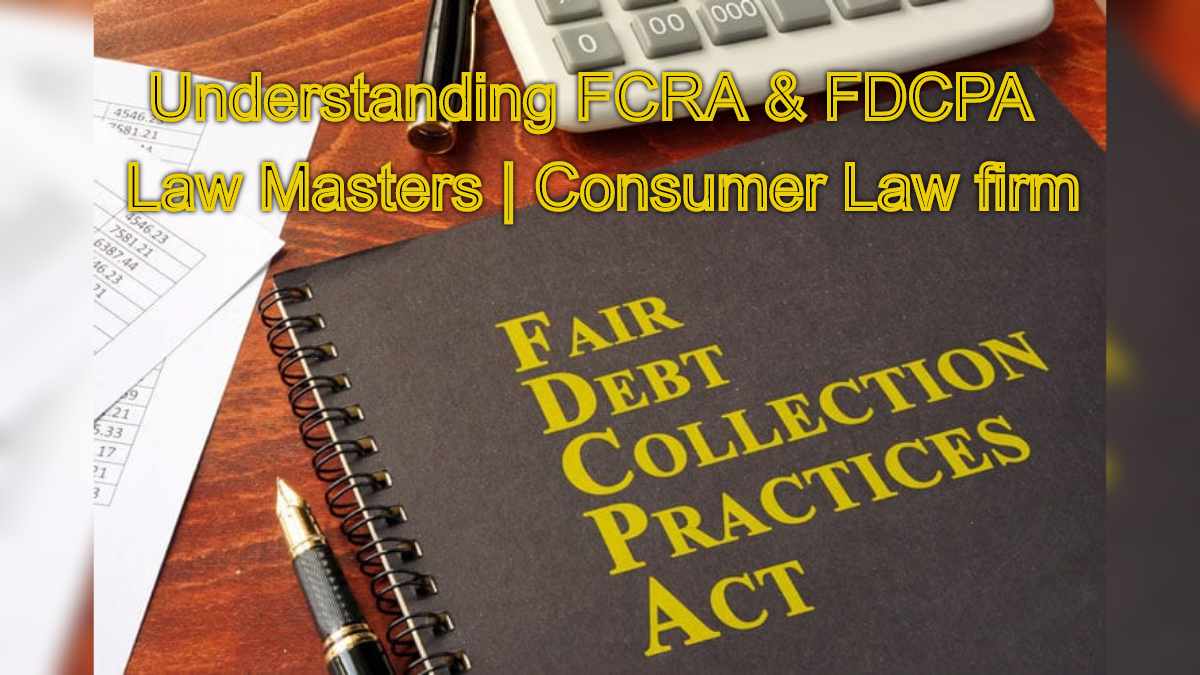Fair Credit Reporting Act (FCRA) and Fair Debt Collection Practices Act (FDCPA): In today’s fast-paced world, managing finances can be a complex endeavor. Sometimes, despite our best efforts, debt collection issues and credit report inaccuracies can arise. Fortunately, two key federal laws exist to protect consumers in these situations: the Fair Credit Reporting Act (FCRA) and the Fair Debt Collection Practices Act (FDCPA). Understanding your rights under these acts empowers you to navigate these challenges effectively.
Demystifying Debt Collection and Credit Reporting: Your Rights Under FCRA and FDCPA
The Fair Credit Reporting Act (FCRA): Guardian of Your Credit History
The FCRA stands as a cornerstone for ensuring the accuracy, fairness, and privacy of your credit information. It governs the activities of credit reporting agencies (CRAs) – the companies that compile and maintain your credit reports. Here’s a breakdown of some key FCRA provisions:
- Access to Your Credit Report: You have the right to obtain a free copy of your credit report from each of the three major CRAs (Experian, Equifax, and TransUnion) annually. This allows you to verify the information they hold about you.
- Dispute Resolution Process: If you discover errors or inaccuracies in your credit report, the FCRA empowers you to dispute them directly with the CRA. The CRA must investigate your claim and, if found valid, remove the inaccurate information.
- Time Limits on Negative Information: The FCRA dictates how long negative information, such as late payments or bankruptcies, can remain on your credit report. Most negative information typically falls off after seven to ten years.
The Fair Debt Collection Practices Act (FDCPA): Setting Boundaries with Debt Collectors
The FDCPA regulates the conduct of third-party debt collectors – companies hired by creditors to collect outstanding debts. This law safeguards you from harassment and unfair collection practices. Here are some protections offered by the FDCPA:
- Communication Restrictions: Debt collectors cannot contact you at unreasonable hours (before 8:00 am or after 9:00 pm) or at your workplace if you request them to stop.
- Prohibition on Harassment and Abuse: The FDCPA prohibits debt collectors from using threats, intimidation, or abusive language to collect debts.
- Validation of Debts: Debt collectors must provide you with written validation of the debt, including the original creditor’s name, the amount owed, and your rights under the FDCPA.
Frequently Asked Questions (FAQs):
The FCRA allows you to file disputes directly with the CRAs yourself. You can also find free or low-cost legal resources through your state bar association or consumer protection agencies.
Debt collectors can only contact third parties to obtain your location information and cannot discuss your debt with them.
You can file a complaint with the Federal Trade Commission (FTC) online or by mail.
If you can prove a violation, you may be entitled to damages, including actual monetary losses, emotional distress, and attorney fees.
These laws generally apply to personal debts like credit cards, medical bills, and personal loans.
Conclusion: Taking Charge of Your Financial Well-Being
The FCRA and FDCPA empower you to manage your credit report and protect yourself from unfair debt collection practices. By understanding your rights under these laws, you can take proactive steps to ensure the accuracy of your credit information and navigate debt collection issues with confidence. Remember, knowledge is a powerful tool!
If you have further questions or require assistance with a specific credit reporting or debt collection issue, consulting with a qualified consumer law attorney is highly recommended.
Read More
- Protecting Your Identity: Preventing Identity Theft and Fraud
- Know Your Rights: A Comprehensive Guide to Common Consumer Protection Laws in Chennai, India
- Recent Changes in Consumer Protection Laws in India: What You Need to Know
- The Dos and Don’ts of Dealing with Credit Reporting Agencies
- Dealing with Unfair Debt Collection Practices: Know Your Rights
- Reserve Bank of India (RBI):


